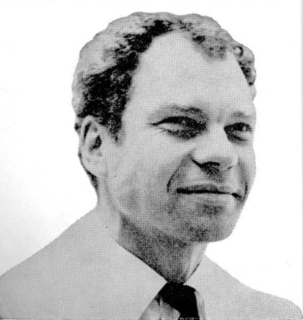A Quote by Thomas Lickona
One's character is one's habitual way of behaving. We all have patterns of behavior or habits, and often we are quite unaware of them. When Socrates urged us to Know thyself, he clearly was directing us to come to know our habitual ways of responding to the world around us.
Related Quotes
Dialogue is a space where we may see the assumptions which lay beneath the surface of our thoughts, assumptions which drive us, assumptions around which we build organizations, create economies, form nations and religions. These assumptions become habitual, mental habits that drive us, confuse us and prevent our responding intelligently to the challenges we face every day.
All of us have many habits of whose import we are quite unaware, since they were formed without our knowing what we were about. Consequently they possess us, rather than we them. They move us; they control us. Unless we become aware of what they accomplish, and pass judgment upon the worth of the result, we do not control them.
As we live our human lives, let us be like the water. Let us be conscious of the flow. Let us not forget the great ground of being that draws us on through life. Let us live in a knowing hope, aware that all being is in transition, that all movement is back to the source. Let us treat those around us as reminders of our illusionary individuality. We know that they are us and we are them connected in ways we cannot fathom. Let us grow in compassion for all beings, for they share our journey.
When you refrain from habitual thoughts and behavior, the uncomfortable feelings will still be there. They don’t magically disappear. Over the years, I’ve come to call resting with the discomfort “the detox period,” because when you don’t act on your habitual patterns, it’s like giving up an addiction. You’re left with the feelings you were trying to escape. The practice is to make a wholehearted relationship with that
The use of chance operations opened out my way of working. The body tends to be habitual. The use of chance allowed us to find new ways to move and to put movements together that would not otherwise have been available to us. It revealed possibilities that were always there except that my mind hadn't seen them.
The mind is a magnet and we attract that with which we identify the self. In order to get the most out of life we must learn consciously to change many of our habitual thought patterns. This is not easy, for our old thought patterns cling to us with great tenacity, but, being thought patterns, they can be reversed. If you are filled with fear, refill yourself with faith, for faith always overcomes fear.
Life hands us a lot of hard choices, and other people can help us more than we might realize. We often think we should make important decisions using just our own internal resources. What are the pros and cons? What does my gut tell me? But often we have friends and family who know us in ways we don't know ourselves.
































